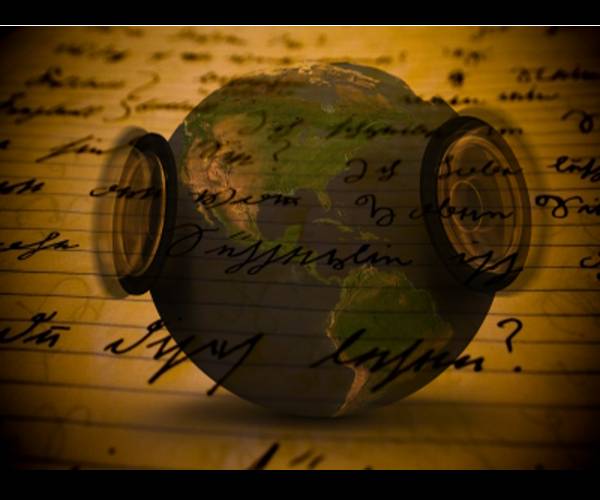Poetry as Revolution
 Please note that all opinions expressed herein are solely that of the author.
Please note that all opinions expressed herein are solely that of the author.
We’ve all heard the dreaded question in high school English classes, college classes, writing seminars, book clubs. The list goes on. What exactly is poetry? For some, the answer is quite resolute. Poetry should adhere to strict literary standards, albeit many different standards, whether it be meter, rhyme, or rhythm, or any combination of those and more. For others, poetry’s definition is much more vague. It doesn’t need rhyme, meter, nor a particular rhythm. Some even claim blunt, raw feeling spilled onto a piece of paper is worthy of being called poetry. So where does one draw the line?
Maybe one doesn’t draw any lines, or at least not technical lines. Maybe we should just leave poetry out in the ether, far from the reach of any definitions, rules, regulations, and most of all, grammar. But here’s the kicker. Poetry should be about imagery. If a poem simply describes how one feels, does that present much of an image for the reader? Not really. This is something I’ve personally struggled with over the course of a few years, and I’ve only just realized in its entirety. If your poetry fails to present clear images in the mind of the reader, regardless of who it is and how they feel about the images, you’re doing it wrong. Not to be rude, but that’s just the truth as I see it.
Why is this relevant? Many reasons, but the most important one is that anyone can relate to poetry. It’s short, to the point, and often aesthetically pleasing. Even if a poem is fifteen pages, it’s still shorter than a 300 page novel, because let’s face it, who has time for that anymore? Even people that don’t like to read will at least listen to poetry, whether it be read in private by a friend, a spoken word convention, or music. And everyone likes music. Rock, rap and hip-hop, country, punk. It makes no difference what genre. It’s all poetry.
Where am I going with all this? In case you hadn’t noticed, the world is in quite a troubled state. Wars are in progress or imminent, the middle class has almost disappeared, our food is unfit to eat, and our children are more concerned with who won what reality show contest than employing their creativity or paying attention in school. Every day we give up more freedoms in the name of national security. Every day we lose a little bit more to those who give us nothing in return but empty promises and shoddy, circular political rhetoric. This isn’t just restricted to my own country, but a worldwide epidemic.
But the truth is out there. A few of us know this, while most remain in the dark. Poetry is one of the few, easy methods we can spread this truth. Why? Because people listen to poetry, they listen to music. If you can present some piece of factual truth in a few choice words, fluidly, succinctly, I guarantee people will listen. For those of you that are musically inclined, you’ve got the upper hand here. A good beat will always catch attention. For the rest of us, there’s plenty of other options for sharing your art and thereby spreading knowledge. Start a blog, post to social media sites, go find a poetry club or a weekly spoken word gathering. Most importantly, bring your friends and family. Share with them. The revolution is on the horizon, and poetry, regardless of what form you choose, might just be a key player.